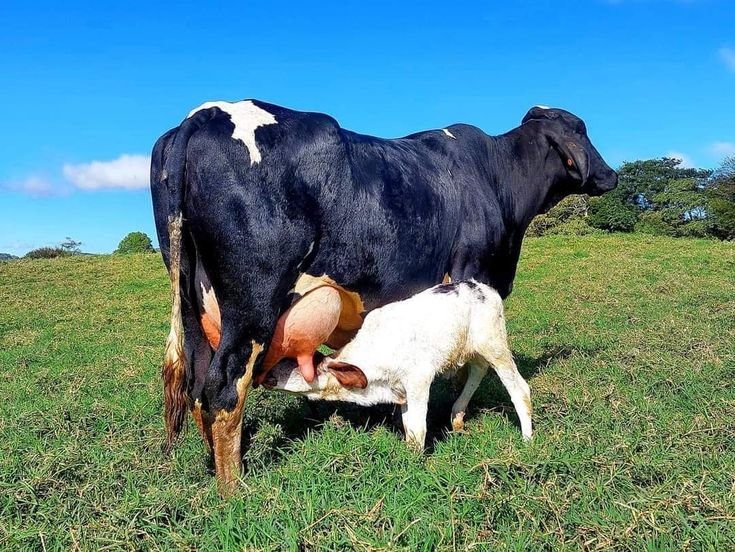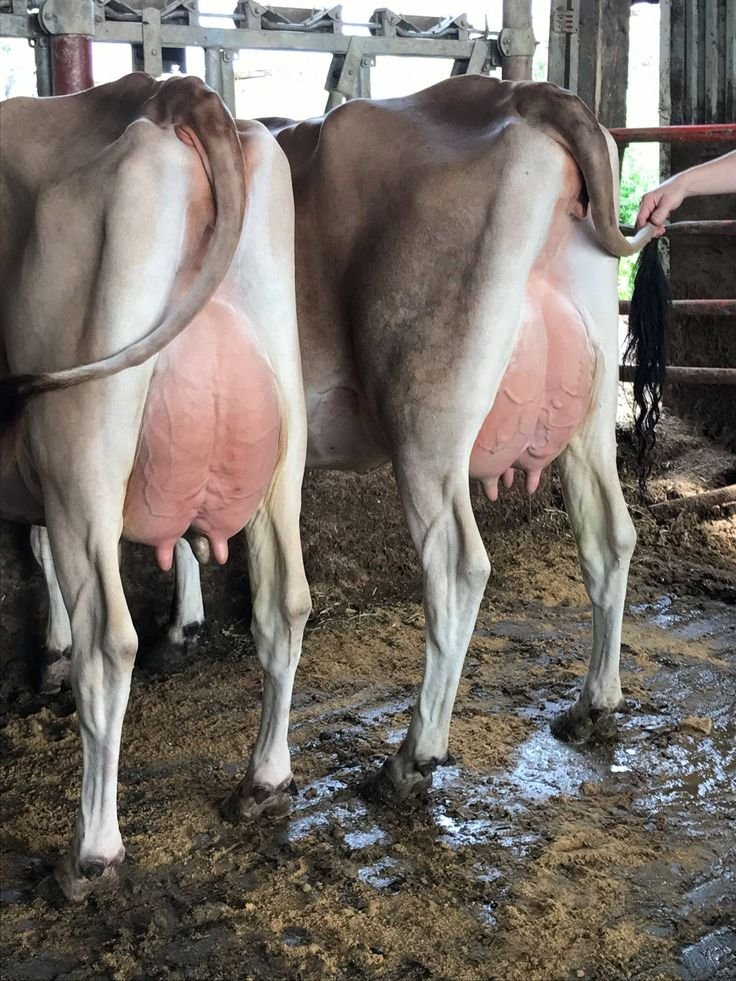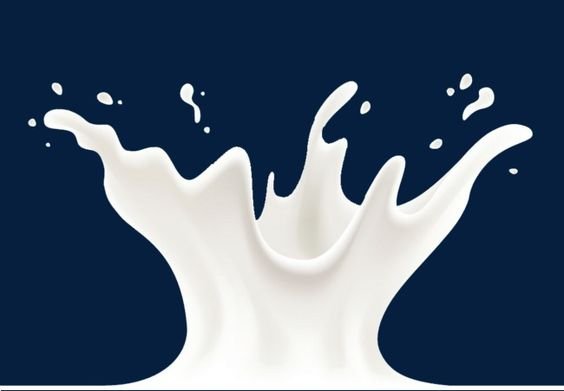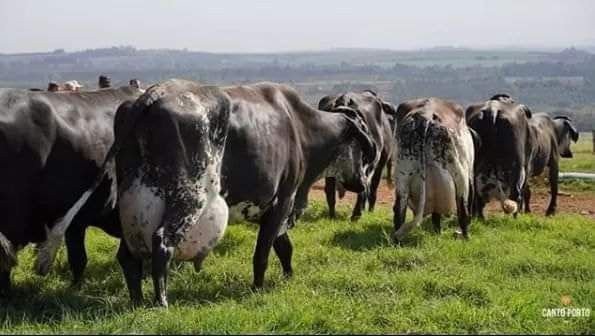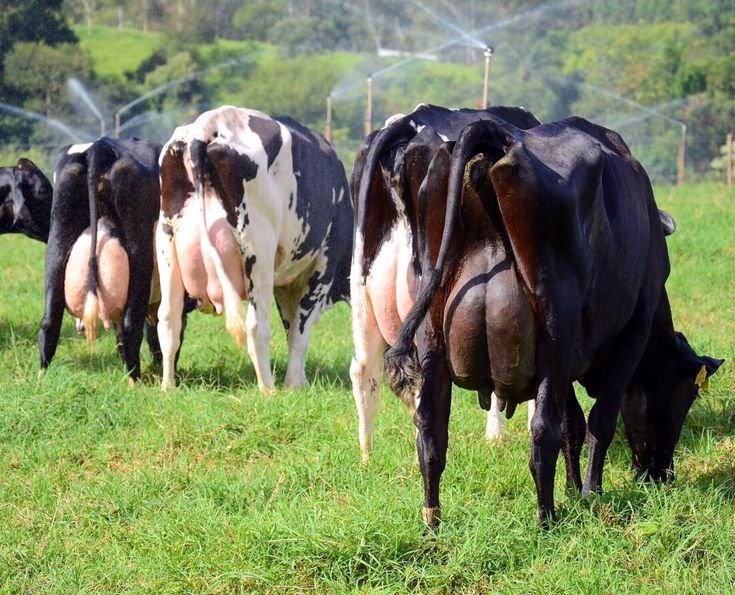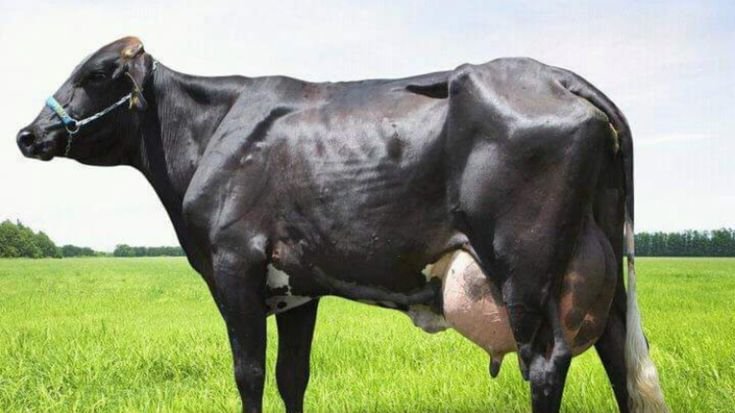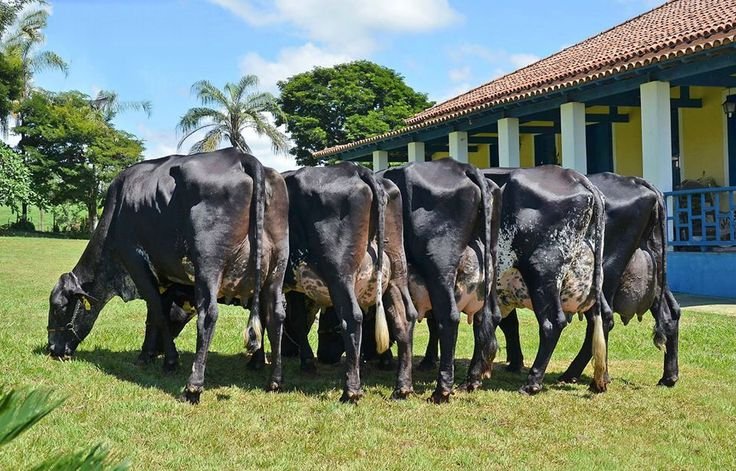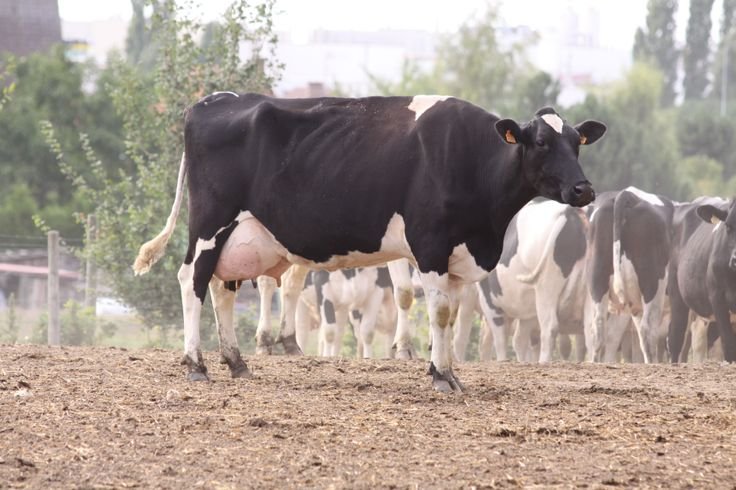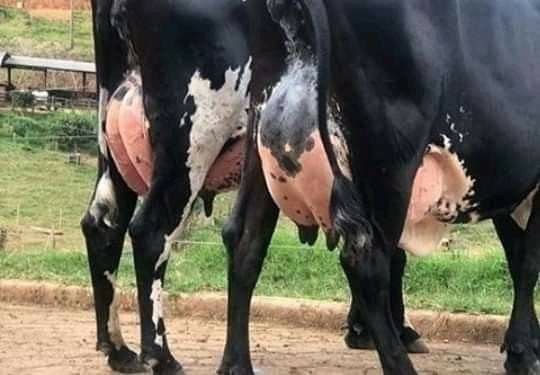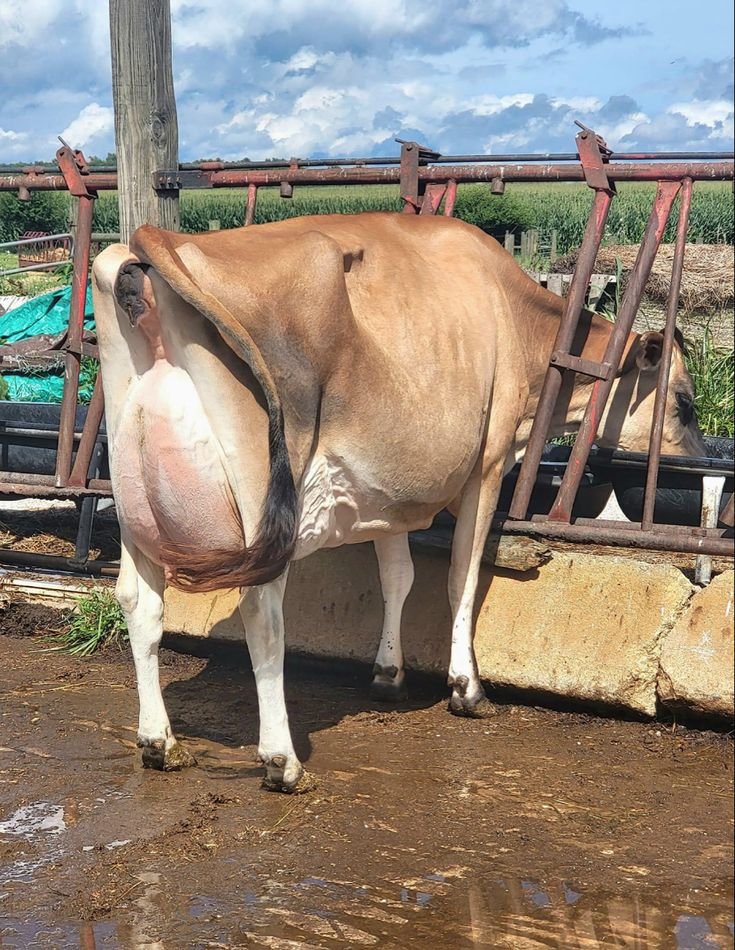Milk production in dairy cattle is influenced by numerous factors, including weather changes. Seasonal variations such as heatwaves, cold winters, and rainy conditions impact cattle health, feed intake, and, ultimately, milk yield. Understanding the science behind seasonal nutrition is essential for dairy farmers aiming to sustain high milk production throughout the year.
Why Seasonal Nutrition Matters
Weather fluctuations alter cattle’s nutritional requirements:
- Summer: High temperatures cause heat stress, leading to reduced feed intake and dehydration.
- Winter: Cold weather increases energy demands for maintaining body heat, diverting resources from milk production.
- Monsoon: Humidity promotes spoilage of feed and forage, increasing the risk of digestive and metabolic disorders.
Providing seasonally tailored diets ensures that cattle receive the necessary nutrients to remain healthy and productive.
Seasonal Nutritional Needs
- Summer Strategies
- Focus on hydration: Provide electrolytes to counteract dehydration and heat stress.
- Energy-dense feeds: Include grains and oilseeds to maintain energy levels despite reduced appetite.
- Cooling supplements: Add probiotics to promote gut health during periods of heat stress.
- Winter Solutions
- Increase caloric intake: Offer high-energy feeds such as silage, hay, and concentrates.
- Calcium and phosphorus: These are crucial for maintaining strong bones and supporting lactation.
- Warm water access: Prevent energy loss by providing lukewarm water during cold months.
- Monsoon Adjustments
- Prevent spoilage: Use well-stored silage and dry concentrates to avoid mycotoxin contamination.
- Enhance immunity: Include vitamin-rich supplements to combat the risk of infections.
- Support digestion: Add fiber and probiotics to maintain healthy gut flora.
Supplements: A Key Component of Seasonal Nutrition
Advanced nutritional products play a pivotal role in seasonal adaptation:
- Ultra H: Boosts milk production by fulfilling calcium and energy requirements.
- Sumo-Milk Gel: Improves milk yield and quality through targeted nutritional support.
- Ultra Forte: A calcium and vitamin-rich formula that strengthens immunity and supports lactation.
By using specialized supplements, farmers can address seasonal deficiencies efficiently.
Tips for Farmers to Implement Seasonal Nutrition
- Monitor Health Regularly: Keep track of milk yield, body weight, and feeding patterns to adjust diets as needed.
- Work with Experts: Consult nutritionists to create season-specific feeding plans.
- Invest in Storage: Protect feed from spoilage during the monsoon and extreme summers.
- Supplement Strategically: Use targeted products like probiotics, electrolytes, and calcium-rich feeds.
Conclusion
Seasonal nutrition is a science-backed approach to ensuring dairy cattle thrive year-round. By understanding their changing nutritional needs and incorporating tailored diets and advanced supplements like Ultra H and Sumo-Milk Gel, dairy farmers can sustain milk production and maintain cattle health through every season.

